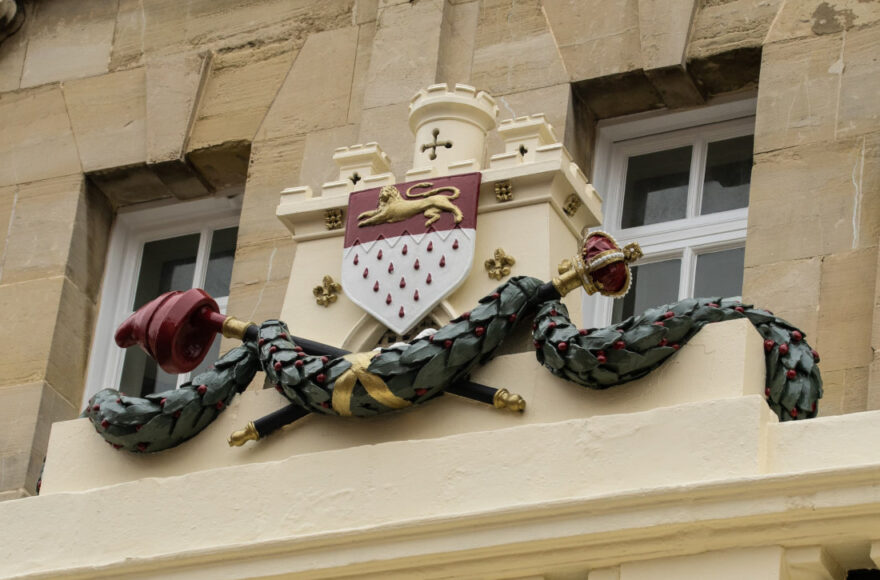Many people will never attend an inquest into the death of a loved one and, when the circumstances surrounding a fatality do require investigation, attending an inquest can be very worrying and confusing for relatives of the deceased. By shedding light on the function and scope of an inquest, I hope this article will help in some small measure to prepare those who, at a future date, find themselves in a coroner’s court.
Unlike civil or criminal court cases, the purpose of an inquest is not to determine fault. Instead, it is a unique form of investigation intended to establish the identity of the deceased as well as how, when, and where they died.
An inquest is conducted by a coroner, an independent judicial officer who is paid by the government to work in partnership with the local authority, and it is the coroner who decides what evidence is heard, from whom, and in what order.
The coroner will determine whether evidence should be given orally or in writing, identify ‘interested persons’ such as relatives and, in some cases, legal or insurance company representatives, and decide whether a jury is required — although in most cases a coroner alone will preside over the inquest proceedings.
During an inquest, the coroner will take the lead in the questioning of any witnesses. However, interested persons or their representatives are entitled to ask questions of the witnesses, provided those questions are relevant. Inquests are usually held in public, quite often with the press in attendance to report the outcome to the wider world.
Once all the evidence has been heard and considered, the coroner will bring the inquest to a close by pronouncing his or her ‘conclusion’ (formerly known as a ‘verdict’) as to the death. This conclusion may be in short or narrative form, as the coroner deems appropriate, subject to any submissions made by interested persons.
The law governing coroners and inquests, so-called coronial law, is complex and multi-faceted — so much so that this article cannot possibly do more than cover basic ground and give an introduction to an often daunting and intimidating event that many outside the legal profession may never experience.
If you would like to discuss the ways in which George Ide LLP can represent you at an inquest, please get in touch; our experienced professionals will be with you every step of the way. Please telephone 01243 786668
James Hawke. Solicitor & Head of Clinical negligence
Contact Our Friendly Legal Experts Today
For general enquiries or to discuss more specific needs in personal or commercial law please get in touch with a friendly member of our team today.
Latest News

All You Need to Know About Contentious Probate

Myth busting Mediation - What is it, and how can it help?

Your Quick Guide to End of Year Tax Planning

Court Claims & the Limitation Period

How the Court of Protection Works and the Role of a Deputy








